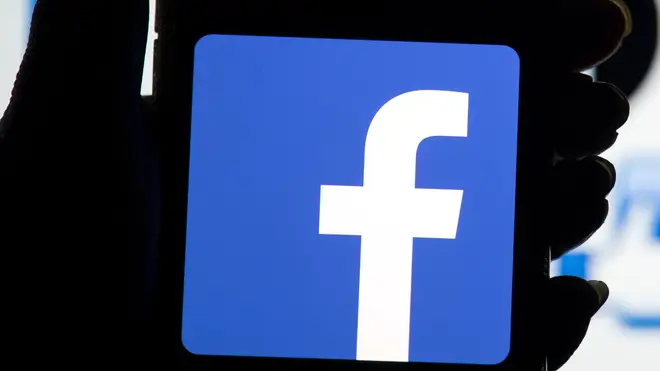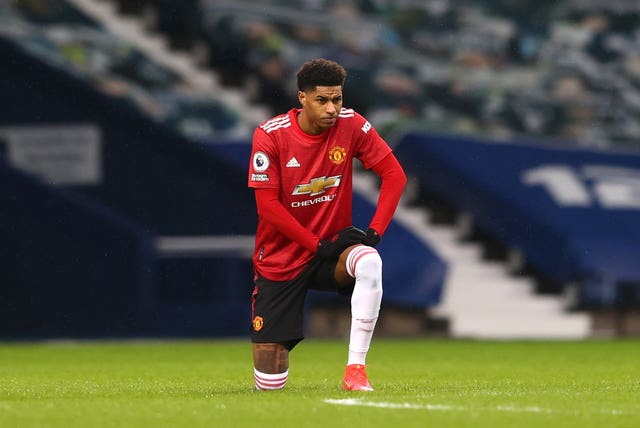
Clive Bull 1am - 4am
24 March 2021, 00:04

The guidelines say public figures can be targeted in ways that the company bans for those classed as private individuals
Facebook’s bullying and harassment policy allows public figures to be targeted online in ways that are otherwise banned on the site, the Guardian has reported.
Internal moderator guidelines reportedly leaked to the newspaper says public figures are considered to be permissible targets of certain types of abuse, including “calls for [their] death”.
According to the Guardian, the guidelines say public figures can be targeted in ways that the company bans for those classed as private individuals, although they cannot be tagged in the content and its policy protects them from direct threats of severe physical harm.

The newspaper said public figures as defined by the social media giant, which also owns Instagram, include those with a large following online of more than 100,000 people and those who have featured in local news.
It comes as famous faces including Manchester United star Marcus Rashford, who posted a statement about comments directed at him in late January, urged social media companies to tackle abuse online.
More recently, Manchester United midfielder Fred is the latest footballer to receive racist abuse online on Instagram following a match with Leicester on Sunday.
Fred wrote on Twitter: “Social media comments filled with hate and, above all, racism: we cannot feed that culture.
“We cannot aceppt (sic) it. We have to fight it always.
“We are bigger and better than that. Enough!”
In response to the Guardian, a Facebook spokesperson said: “We think it’s important to allow critical discussion of politicians and other people in the public eye. But that doesn’t mean we allow people to abuse or harass them on our apps.
“We remove hate speech and threats of serious harm no matter who the target is, and we’re exploring more ways to protect public figures from harassment.
“We regularly consult with safety experts, human rights defenders, journalists and activists to get feedback on our policies and make sure they’re in the right place.”